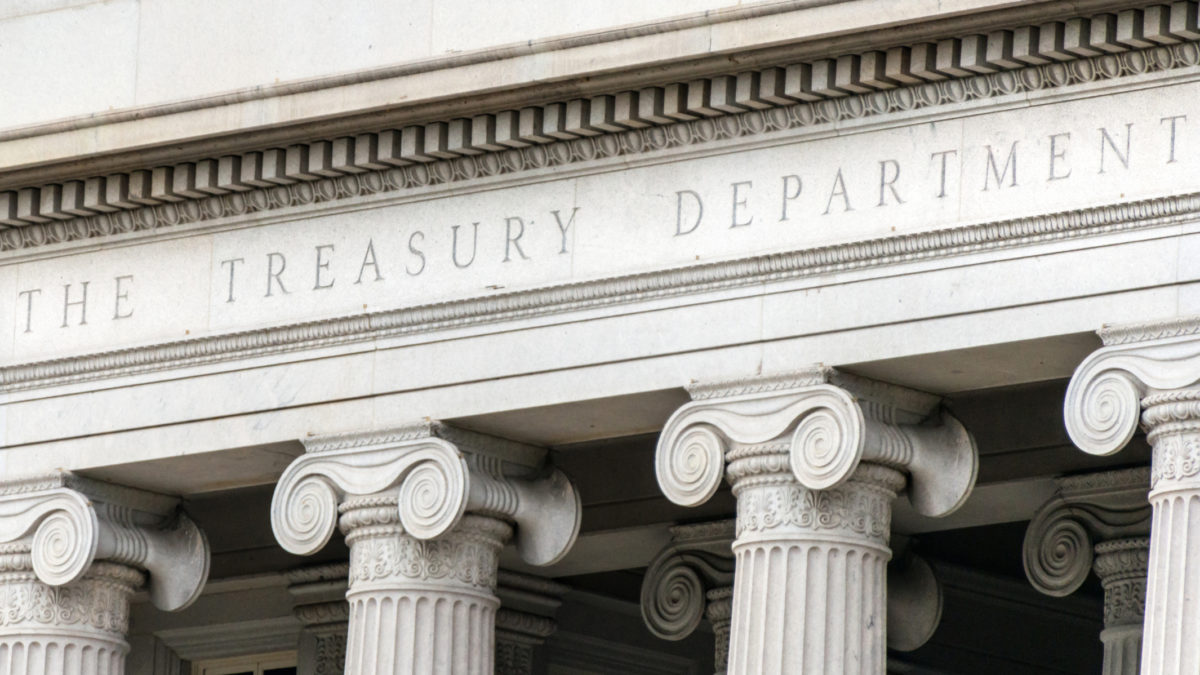
Sanctions Round-Up: June 2020
Nigeria
On 16th June, six Nigerian individuals – Richard Uzuh, Michael Olorunyomi, Alex Ogunshakin, Felix Okpoh, Nnamdi Benson and Abiola Kayode – were designated by the United States’ Office of Foreign Assets Control (OFAC) for allegedly “conducting an elaborate scheme” to commit cyber-crimes against American victims.
The US Treasury accused the group of extracting over USD 6m through illicit methods such as business email compromise and romance fraud schemes. As a result of these designations, the individuals are now subject to an asset freeze.
Cyber-related sanctions have been used previously by the US, but usually against state-linked actors in hostile nations, such as Russia, China, Iran and North Korea. The targeting of non-state actors by the Treasury is therefore a significant development in the way the US government pursues cyber-criminals who are outside of its jurisdiction.
Sudan
On 4th June, the United Nations Security Council (UNSC) extended the African Union-United Nations Hybrid Operation in Darfur’s mandate until 31st December 2020. The operation was established in July 2007 and formally replaced the existing African Union Mission in Sudan in December of the same year. Its mandate is to protect civilians in the Darfur region, which has been suffering an ongoing civil war since 2003.
On the same day, the council created a new political mission in Sudan called the UN Integrated Transition Assistance Mission in Sudan. Its role is to assist the country in its transition towards democratic governance and civilian rule.
The council also hopes that the new mission will help facilitate peace negotiations and implementation, with a particular focus on the regions of Darfur, Blue Nile and South Kordofan. It is due to start work by 1st January 2021.
Libya
The authorisation permitting member states to inspect vessels bound for Libya was extended for 12 months by the UNSC on 5th June. It stipulates that a state can interfere with a vessel’s passage if it has “reasonable grounds to believe” that it is in violation of the council’s arms embargo on Libya. The authorisation to inspect vessels suspected of violating the embargo was first granted to member states in Resolution 2292 of 2016.
The international community is of the view that violations of the arms embargo are perpetuating Libya’s civil war, which begun in 2014, when rival governments emerged and both claimed to be the country’s sovereign rulers.
Elsewhere, remarks made on 11th June by David Schenker – the US State Department’s Assistant Secretary for Near Eastern Affairs – indicated that the Trump administration will consider sanctions against Khalifa Haftar – the Supreme Commander of the Libyan National Army. The mooted action concerns reports that Haftar travelled to Venezuela to meet with Maduro regime officials, supposedly to arrange an oil deal.
Responding to the allegations, Schenker warned that any such parties who are “exporting Libyan oil outside the legal auspices of Libya’s National Oil Corporation”, and also “conducting business with [Petróleos de Venezuela, S.A]”, were at risk of US sanctions.
The Gambia
On 11th June, a Gambian man living in the US was charged with torture on behalf of former President Yahya Jammeh in 2006. Michael Sang Correa, who entered the US in 2016 as a bodyguard for the country’s former vice president and failed to return to the Gambia, is accused of being part of the “Junglers” paramilitary unit.
The Junglers are said to have carried out their actions in the aftermath of the failed coup in 2006. Following his removal from power in 2017, the US designated Jammeh and his former regime under its Global Magnitsky sanctions programme.
Mali
The UNSC has extended the mandate of the United Nations Multidimensional Integrated Stabilization Mission in Mali (MINUSMA) until 30th June 2021. In its resolution, passed on 29th June, the council reiterated the mission’s primary task of supporting the implementation of the 2015 Agreement on Peace and Reconciliation in Mali.
In addition, the resolution also authorised French forces in the country to “use all necessary means to intervene in support of MINUSMA”, should it face a “serious threat”. The council also requested that a “long-term road map” be presented by 31st March 2021, in order to outline a “possible exit strategy” for the mission, should it achieve its goals.
MINUSMA was established in April 2013 to assist in the stabilisation of Mali, following the government’s loss of control in the country’s north after conflict with Tuareg rebels. Its mandate was later expanded to protect civilians and help re-establish the Malian state’s authority, in light of the escalation of a jihadist insurgency.
DRC
The UNSC’s sanctions regime on the Democratic Republic of the Congo (DRC) was renewed on 25th June until 1st July 2021. Its measures include directing member states to “prevent the direct supply, sale or transfer of arms and related material and assistance to all non-governmental entities and individuals” in the country.
The arms embargo has been in place since it was first imposed by the council in 2003, following prolonged conflict in Ituri and North and South Kivu.
Somalia
On 22nd June, the UNSC extended the mandate of the UN Assistance Mission in Somalia (UNSOM) until 31st August 2020. The mission was established in June 2013 to provide policy advice on “peace-building and state-building” to both the Somali federal government and the African Union Mission in Somalia – the latter of which had its own deployment reauthorized by the UNSC in May of this year.